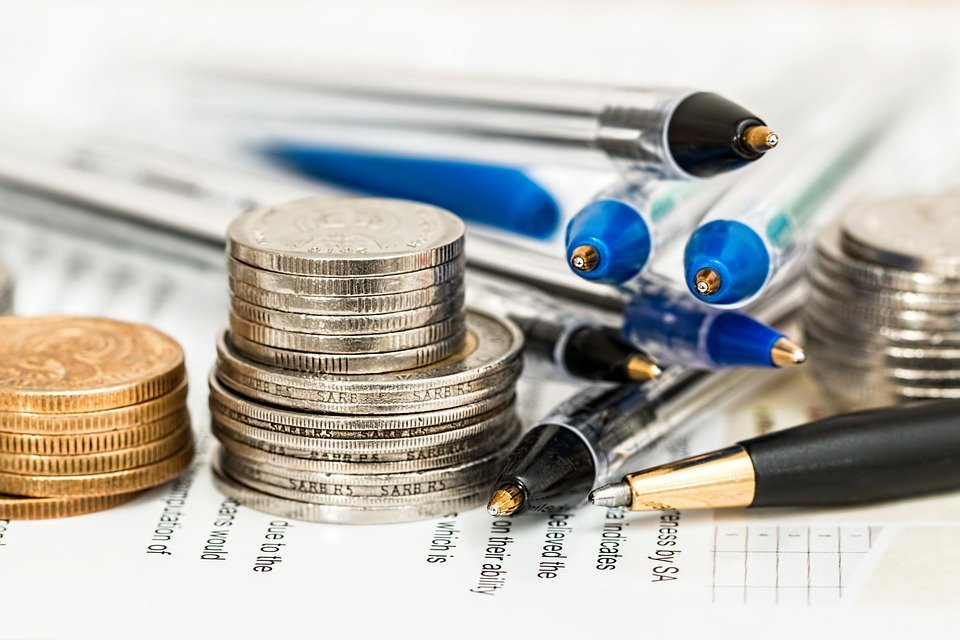
One of the most important taxes in Australia is the Goods and Services Tax. The broad-based tax is applied to many of the goods and services sold throughout the country. If you are a small business in Australia, it is important to know about the GST (News - Alert), when it applies, and how to calculate GST accurately.
Calculating and incorporating GST into your prices can be tricky for new business owners. It can also be complicated to keep track of your GST revenues and how best to stay organised for reporting this information to the Australian Taxation Office. Fortunately, there are plenty of resources for small business owners that will help you get on board and navigate the details of GST with ease.
Let’s look at some of the best tips that you can use to stay on top of your GST as a business owner.
Maintain Organised Records
One of the biggest problems that can arise with GST collection is poor record keeping. It is essential to maintain records of all sales, fees, expenses, and other business costs. These details are important for determining whether your annual turnover exceeds the threshold for when you will need to collect GST.
When you do need to collect GST, it is even more important to stay organised. You will need to document the amount of GST you charged and the goods and services that you sold to collect this tax. All of this information will need to be reported to the ATO.
Choose The Right Accounting Method
Most businesses in Australia calculate their GST collection using the cash accounting method. For those unfamiliar with accounting terminology, this simply means that you update your records when cash is received when you collect a payment. This is different than the accrual method, which records transactions when they are actually earned (income) or when they are incurred (expenses). In the accrual method, cash may not have actually changed hands at the time the details are logged.
Do Not Collect GST On Exempt Goods
While GST is applied to many goods and services in the Australian economy, it is important to take a close look at the list of exempt goods on the ATO’s website. You do not want to inadvertently charge GST on items that are included on this list. These exempt goods include things like basic food items, some health services, and exports. While this can lead to some confusion for business owners who are implementing GST collection for the first time, it will soon become second-nature to make these adjustments in your own business.
Ensure Accuracy
Errors and omissions will set you back in terms of time and money when it comes to GST collection and calculation. It is important to carefully apply GST to the relevant goods and services in your business, and then carefully log this information. Avoid manual errors in collecting GST by using the right formulas.
You can use one of several GST calculators available online to verify that your calculations are correct. Make sure to check, and double-check, that your GST records are correct by entering information into accounts payable and accounts receivable correctly. Using an electric record-keeping system that fits with the nature of your business is helpful. There are many software packages designed to assist with the process of GST collection and calculation.
No Worries About GST
When you follow these tips, you will be better able to stay organised and accurate with your GST collection. It can be stressful to start charging and calculating GST for the first time, but with a bit of practice, it will become second nature.
